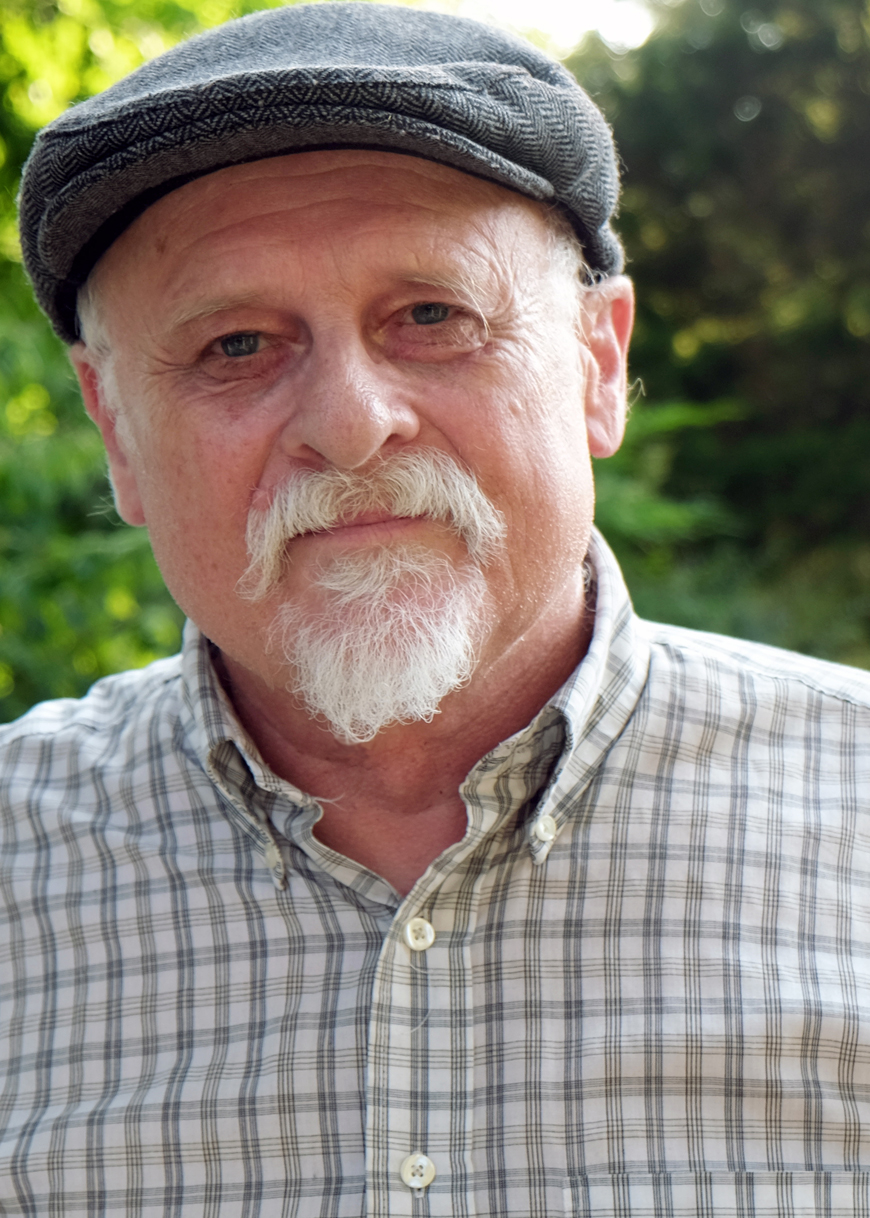


Because this is Joseph’s autobiography, we get to follow him from as young an age as the character can remember to his present day, which is 1778 or so, when he is about sixteen. This helps establish the system of employment-by-apprenticeship, medical aid consisting of bleeding the bad “humours,” the supposed evils of bathing, and the villification of the poor by sending people to workhouses. Through Joseph, readers enjoy first-hand accounts of how life is lived. I think this choice in narrative style allows for the realities of life in 1770s London to be made amply clear without resorting to long descriptive paragraphs. The Lammys recognize the quality of one’s writing, but also says that it’s inherently valuable because it’s queer.Joseph Chapman, My Molly Life is a story told from first-person perspective and, as we later find out, is something of an autobiography of (the fictional) Joseph Chapman. In conversation with Vanity Fair, executive director Landers tells writer Erin vanderhoof, “In a world where queer lives remain under threat to various degrees, the Lammys are a very precious space that values great writing and queer identity.

The purpose of the Awards in the early years was to identify and celebrate the best lesbian and gay books in the year of their publication. Two years later, the LAMBDA Literary Awards (the Lammys) were established in 1989.Īt that first gala event, honors went to such distinguished writers as National Book Award Finalist Paul Monette ( Borrowed Time), Dorothy Allison ( Trash), Allan Hollinghurst ( The Swimming Pool Library), and Edmund White ( The Beautiful Room is Empty). Page (Deacon) Maccubbin, which drew attention to LGBTQ titles. The organisation traces its literary beginnings to the publication of the LAMBDA Literary report in 1987, by L. For over 30 years, LAMBDA Literary has championed LGBTQ books and authors.


 0 kommentar(er)
0 kommentar(er)
